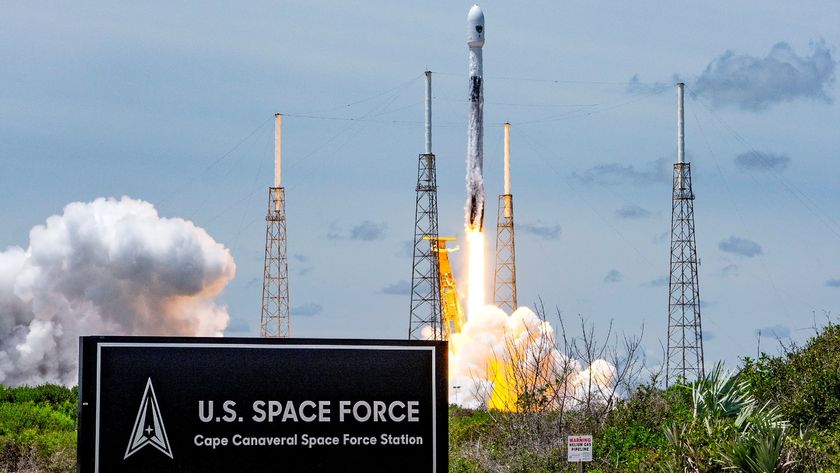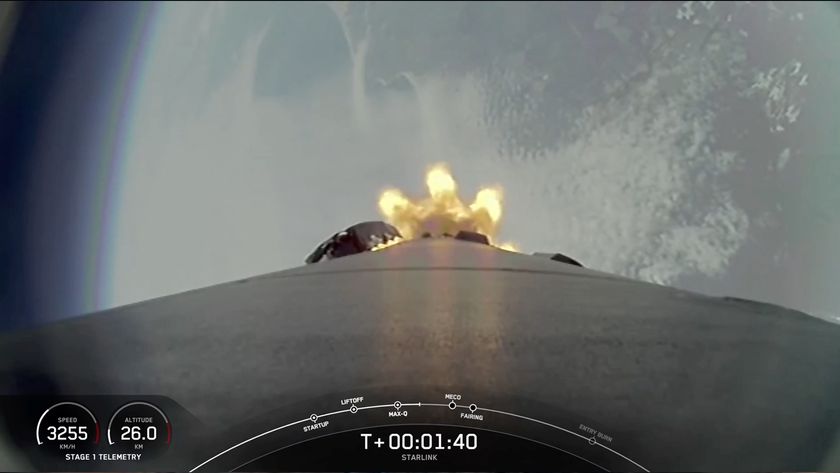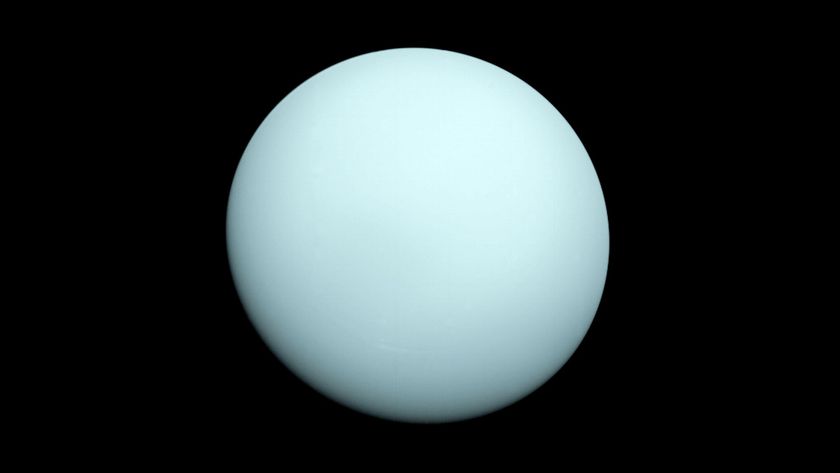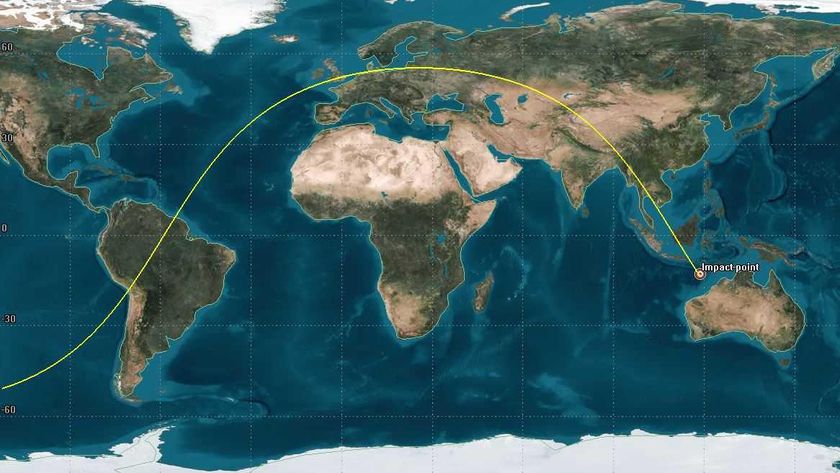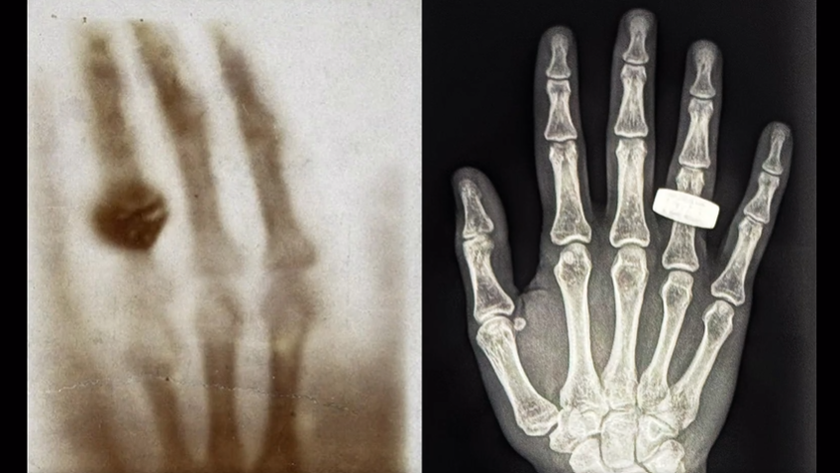NASA to Try to Free Stuck Mars Rover Again

NASA engineers are set to take a second go at extricating thestuck rover Spirit from its sandy trap on Mars.
New commands for the rover to attemptto drive out of the sand it is stuck in will be sent up early in themorning on Thursday, according to a NASA report releasted late Wednesday.
Spirit has been mired in the sand pit, dubbed "Troy," since April.
The first attempt to free Spirit, which took place onTuesday, hita snag when the rover sensed it was tilting too much and stopped after lessthan one second of wheel spin.
The new commands have taken the rover's attitude intoaccount. They will again instruct Spiritto drive ahead in two 8.2-feet (2.5-meter) steps. Those distances are theamount of wheel spin the rover will use; the rover is not expected to move verymuch.
The results from this second drive attempt will be beameddown via a Mars orbiter relay later on Thursday. But the relay pass has alimited downlink volume, so the rover team will likely be unable to completetheir analysis that same day.
- Video ? Free Spirit: Plotting an Escape
- Mars Rover FAQ: The Martian Lives of Spirit and Opportunity
- Video - Spirit: The Little Mars Rover That Could
Get the Space.com Newsletter
Breaking space news, the latest updates on rocket launches, skywatching events and more!
Join our Space Forums to keep talking space on the latest missions, night sky and more! And if you have a news tip, correction or comment, let us know at: community@space.com.

Andrea Thompson is an associate editor at Scientific American, where she covers sustainability, energy and the environment. Prior to that, she was a senior writer covering climate science at Climate Central and a reporter and editor at Live Science, where she primarily covered Earth science and the environment. She holds a graduate degree in science health and environmental reporting from New York University, as well as a bachelor of science and and masters of science in atmospheric chemistry from the Georgia Institute of Technology.
